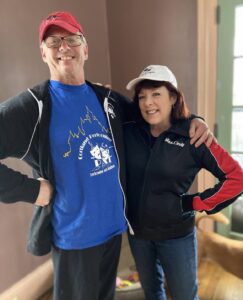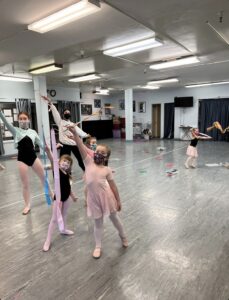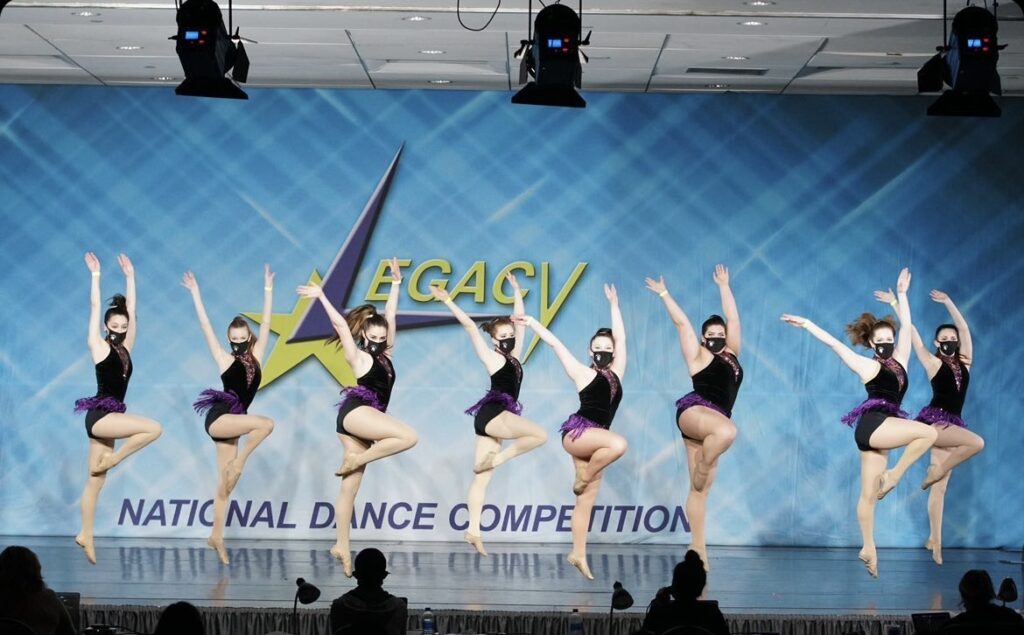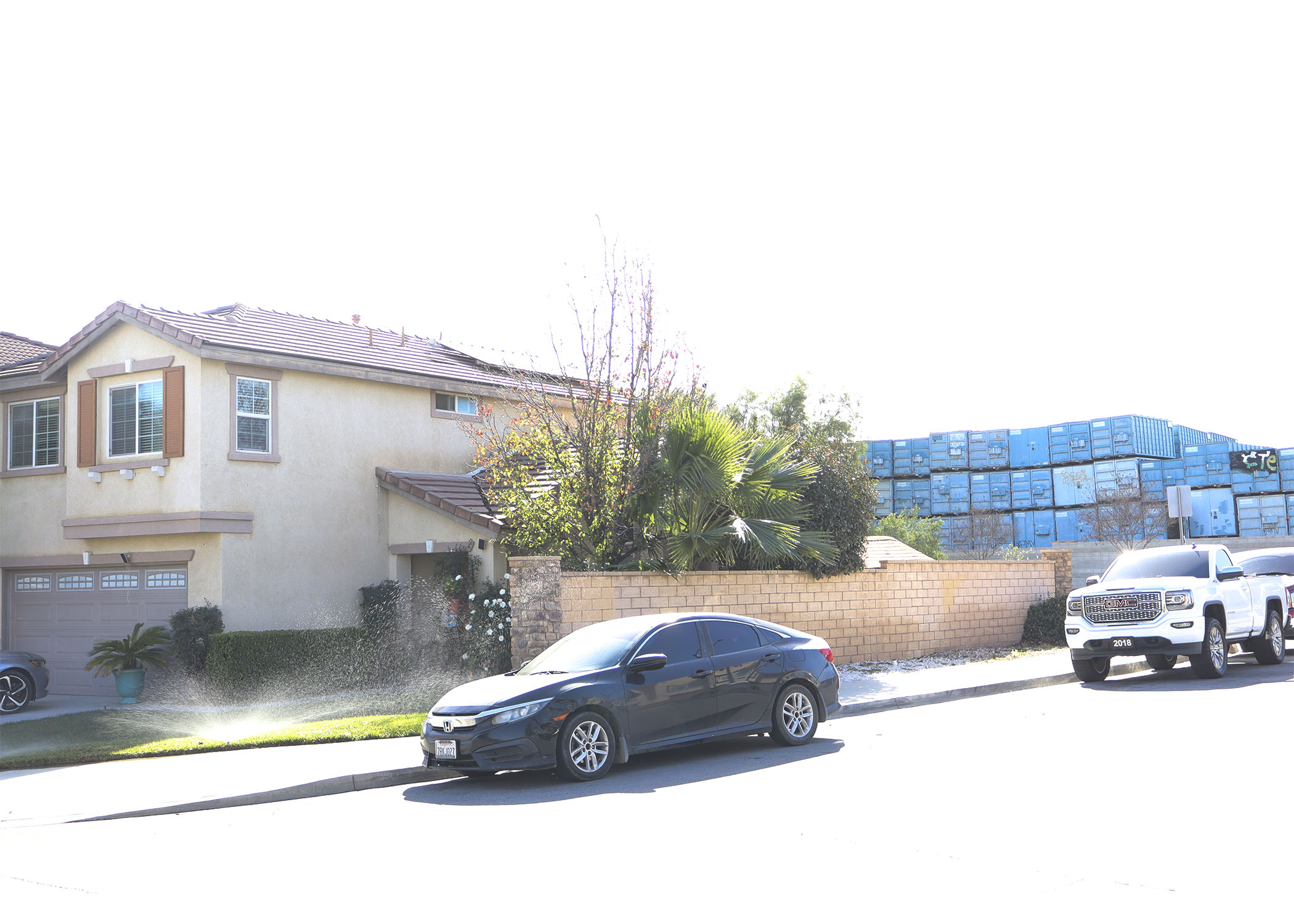(NEW YORK) – Every Saturday morning, rambunctious two-year-olds in tights and tutus would swarm the dance studio at Cortland Performing Arts Institute (PAI) for their ballet class called “Twinkle Tots.”
Miss Cindy— a firm and charismatic instructor—commanded respect from all of her students. Her confident soprano voice rose above the piano lullabies playing through the stereo. The students— awkward in their growing bodies— tried their best to keep up with commands to clap, spin, and join hands in a circle.
In March 2020, everything about the Saturday Twinkle Tots classes changed. The impact of the pandemic on small businesses like the one owned by Miss Cindy (known professionally as Cindy Halpin) was massive. Halpin had to choose between changing her entire business and teaching model or shuttering her doors. The answer was obvious.
“If I didn’t open, I would have gone out of business. I wouldn’t have been able to pay my rent,” Halpin said of her experience running a dance studio during a pandemic. “I know way more about Zoom than I ever wanted to know in my entire life.”

Cindy Halpin poses next to her husband, Kevin. Halpin says PAI wouldn’t have gotten through the pandemic without her family’s contributions. [Credit: @Cortlandpai on Instagram]
“It’s just money. Who needs it anyway?” Halpin quipped. “My biggest job was just to appear very calm and very positive.”
Like many other small business owners in the U.S., Halpin leaned on loans prepared by the federal government. She procured a $23,227 Payment Protection Program loan (PPP) and other loans from the Small Business Association (SBA). With this help, PAI managed to keep a full 12-person staff on payroll.
PAI had to purchase new tools to stay safe and open. All three studios were equipped with a computer and television Zoom instruction if needed. Shared props (like ribbons, Hoola Hoops, and tambourines) were no longer safe, so PAI bought enough for each student to have their own. Each studio is now using its second set of air purifiers.
Social distancing meant fewer students per in-person class, which cut into studio revenue.
The costs to PAI were balanced in part by the benefit the studio provided to the community during a tough time for parents and children. According to Cortland Area Chamber of Commerce President Bob Haight, it continues to answer one of the largest ongoing challenges for the Cortland community.
“We ran into all kinds of problems with employees who had no place to send their children,” Haight said. “It was one hundred percent up to the parents to try to do it all.”

Dancers in face masks use individual props purchased by the studio. [Credit: @Cortlandpai on Instagram]
Gone are the days when the youngest dancers relied on the tactile help of a hand-held circle. By now the students are well-trained to put on their masks, apply hand sanitizer, and work on their twirling technique. PAI’s youngest students still aren’t eligible for COVID vaccines, which made these rules even more important to this point. With mask restrictions changing in their region, PAI is considering new masking policies.
“I had one of the kids say ‘Miss Cindy, you must love hand sanitizer!’ I do. And I’m kicking myself for not investing in Purell,” Halpin said. “I couldn’t make any guarantees, but I could look a parent in the eyes and say I was doing everything possible to keep their child and my staff safe.”
Before the pandemic, the student roster was around 280 students. Now, she is at 168. However, Halpin remains confident in PAI’s growth potential. And there’s a renewed interest in her Twinkle Tots class as she builds back.
“These past three months, I have gotten all these requests for two-year-olds! A whole new little group. And I have summer planned. I’m very excited about that.”


